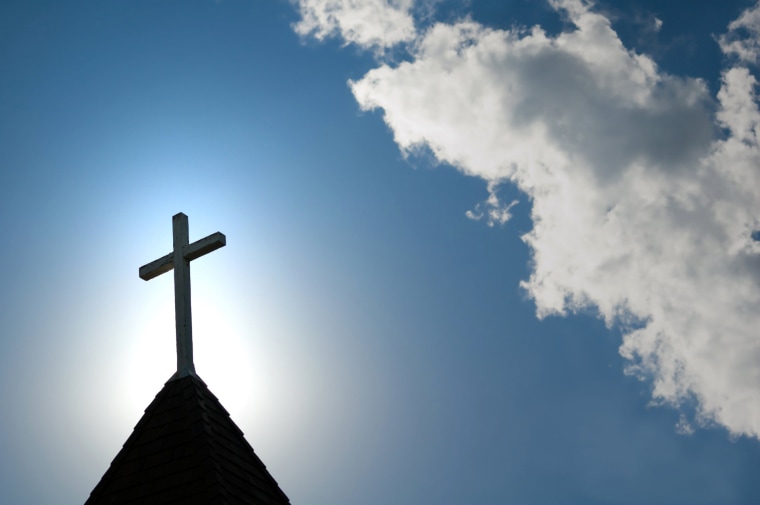Throughout the month of March, most of the nation's leading religious institutions recognized the seriousness of the coronavirus crisis and began making changes. To protect congregants, the doors to houses of worship would obviously have to close, but leaders from the faith community took their services online -- and in some instances, set up drive-thru confessionals.
There are, however, several reports -- out of Florida, Louisiana, and elsewhere -- of Christian pastors getting into trouble with the law for ignoring official social-distancing directives intended to protect the public. In Texas, there's even a pending lawsuit filed by pastors seeking an exemption to stay-at-home orders for religious services.
The case was filed after Harris County Judge Lina Hidalgo ordered most local businesses closed, and directed faith leaders to perform worship services "by video and teleconference." Three Texas pastors and Republican activist Steven Hotze are demanding a "religious liberty" exemption.
Vox's Ian Millhiser made a compelling case this morning that the case deserves to fail for the obvious reason it's trying to place "the public health of an entire community against the interests of a handful of pastors (and, potentially, parishioners) with an idiosyncratic view of the pandemic."
The petition ... makes some fairly basic legal errors. It argues, for example, that the First Amendment's clause protecting the "free exercise" of religion requires courts to strike down Hidalgo's order unless that order is supported by a "compelling government interest." But the Supreme Court rejected this reading of the First Amendment in [a 1990 case called Employment Division v. Smith]. Under Smith, "the right of free exercise does not relieve an individual of the obligation to comply with a valid and neutral law of general applicability on the ground that the law proscribes (or prescribes) conduct that his religion prescribes (or proscribes)." That is, so long as Hidalgo's order does not single out places of worship for inferior treatment that it does not impose on similar organizations, the order does not violate the First Amendment.
My friend Rob Boston published a related analysis this morning, pointing to some related legal precedents.
At a certain level, I find it amazing that some pastors have even created this topic of discussion. The idea that some religious leaders would be willing to put their congregations -- and their larger communities -- at risk is difficult to understand. Here's hoping their legal fights fail.
